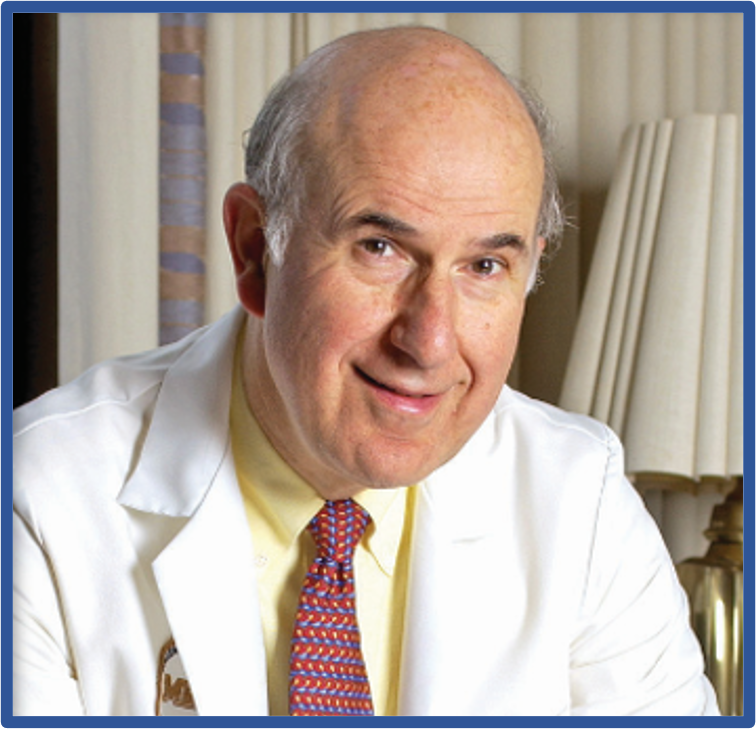|
Past Recipients of the Gilbert S. Omenn Computational Proteomics Award
| Gilbert S. Omenn Computational Proteomics Award This award recognizes the essential nature of computational methodology and software in proteomics. Specifically, this award acknowledges the specific achievements of scientists that have developed bioinformatics, computational, statistical methods, and/or software used by the proteomics community, broadly defined, and their commitment to diversifying the field. The award is named in honor of Gil Omenn, a US HUPO Past President, leader of the Human Proteome Project, and influential proteomics researcher. Nominations will be held for three years. Eligibility
Award nominations are closed for 2026 and will open for 2027 on March 1, 2026.
William Stafford Noble (formerly William Noble Grundy) was raised in Naperville, IL, and graduated from Stanford University in 1991 with a degree in Symbolic Systems. Between undergraduate and graduate school, he worked in the speech group at SRI International in Menlo Park, CA, and at Entropic Research Laboratory in Palo Alto, CA. He also spent two years teaching high school math, physics and English literature with the US Peace Corps in Lesotho, Africa. In 1994, he entered graduate school at the University of California, San Diego, where he studied with Charles Elkan. He received the Ph.D. in computer science and cognitive science in 1998. He then spent one year as a Sloan/DOE Postdoctoral Fellow with David Haussler at the University of California, Santa Cruz. From 1999 until 2002, Noble was an Assistant Professor in the Department of Computer Science at Columbia University, with a joint appointment at the Columbia Genome Center. In 2002, he joined the faculty of the Department of Genome Sciences at the University of Washington, where he has adjunct appointments in the Department of Computer Science and Engineering, the Department of Medicine, and the Department of Biomedical Informatics and Medical Education. Dr. Noble's research applies statistical and machine learning methods to the analysis of complex biological data sets. He has extensive experience developing novel analytical methods, creating user-friendly software implementing those methods, and collaborating with experimentalists. The most notable areas of research for Dr. Noble and his group are sequence analysis methods for DNA and proteins, kernel methods for learning from heterogeneous data, semi-automated genome annotation, the 3D structure of the genome and machine learning and statistical methods for analyzing shotgun proteomics data. Dr. Noble is the author of more than 300 peer reviewed publications and has advised 34 postdoctoral fellows and 24 Ph.D. students, including current faculty members at Columbia, UCLA, UC Irvine, University of Delaware, Colorado State University, University of Toronto, University of British Columbia, University of Stockholm, and others. He is Co-Director of the UW 4-Dimensional Genomic Nuclear Organization of Mammalian Embryogenesis (4D GENOME) Center. He is the recipient of the ISCB Innovator award, an NSF CAREER award, is a Sloan Research Fellow, is on the Clarivate Analytics list of "Highly cited researchers," and is a Fellow and former member of the Board of Directors of the International Society for Computational Biology. |



